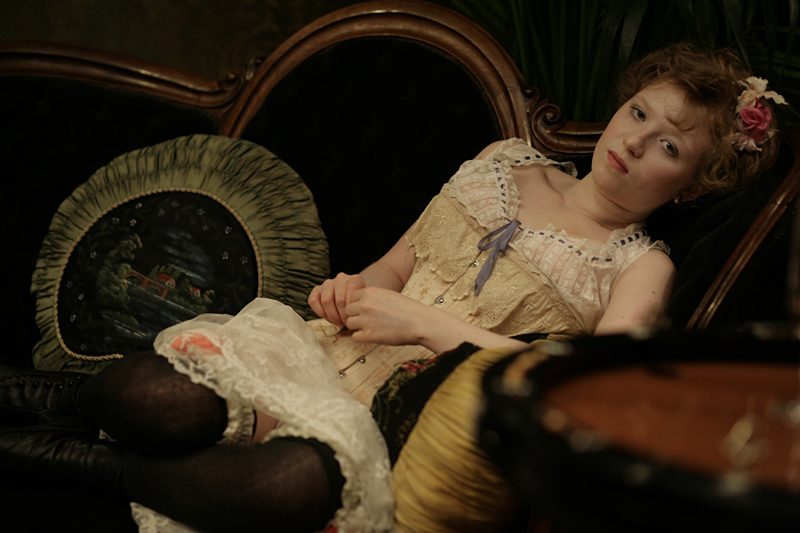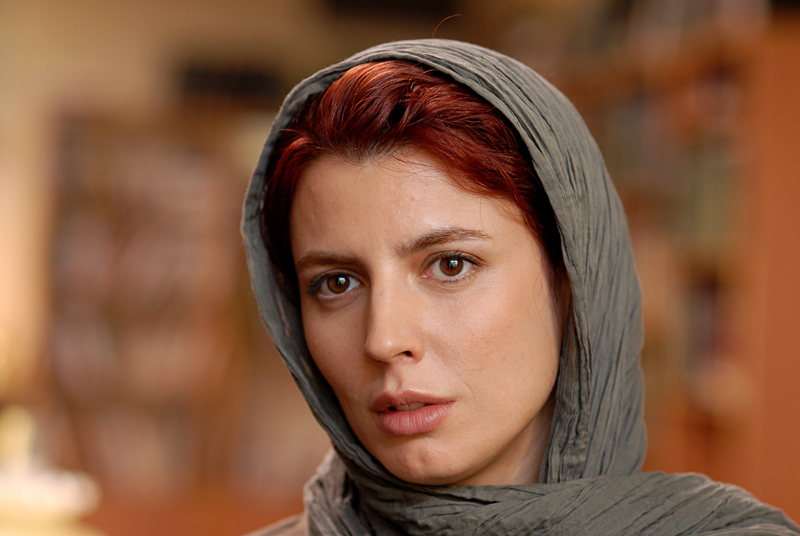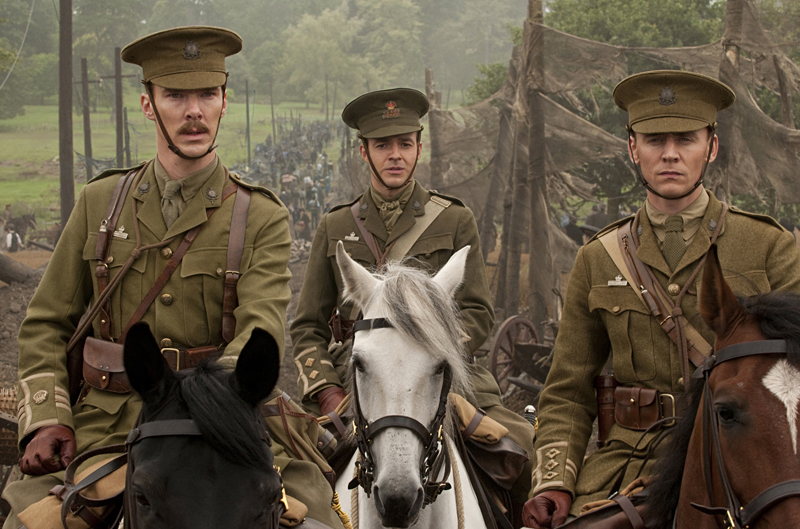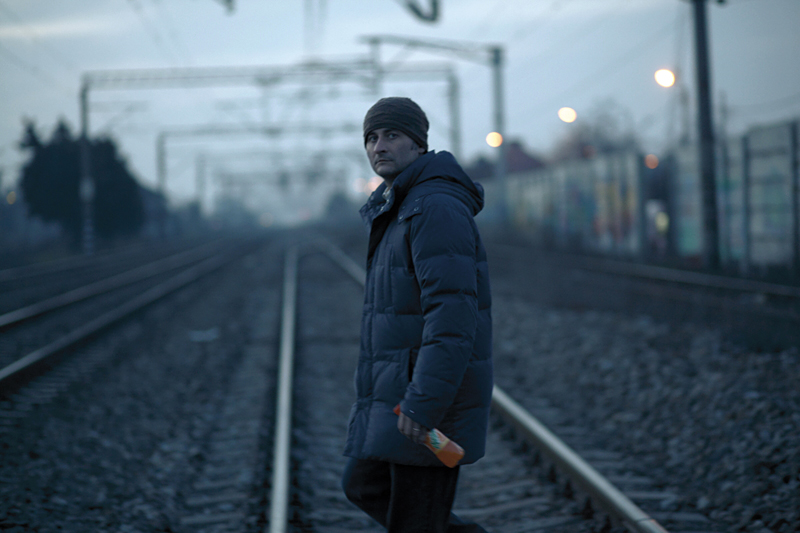THE LAST FILM that Krzysztof Kieslowski set entirely in his native Poland, The Decalogue remains his masterpiece— a sardonic riff on the foundation laws that govern the Judeo-Christian cosmos. Originally produced for television between 1988 and 1989, it’s less flashy in its metaphysics than his subsequent French coproductions such as The Double Life of V鲯nique or the Blue, White, Red trilogy. As conceived with co-screenwriter Krzysztof Piesiewicz, each hour-long episode evokes one of the Ten Commandments and its impact on the denizens of a massive Warsaw housing project.
With its sense of the modern city as a bleak totality dedicated to the erasure of the past, The Decalogue powerfully evokes the last, dispirited days of Polish communism. Populated by a gallery of unfaithful spouses and unhappy children, the movie is programmatically apolitical. Still, there’s an egalitarian aspect to the various characters—cabbies, doctors, clerks, professors—all living in the same drab apartment complex. (We might call it a common condition.) Typically, Kieslowski (1941-96) maintained that he deliberately chose Warsaw’s “most beautiful housing estate” as his location, adding, “You can imagine what the others are like.”
Though it runs 10 hours in length (which the Varsity is programming in two-episode packages), The Decalogue is an intimate work—characterized by relatively few establishing shots and an abundance of close-ups. The superb cast, which constitutes a virtual who’s-who of Polish movie acting, is primed to dramatize psychological anguish. (The quintessential mood piece is Part III’s Christmas Eve bummer illustrating the commandment to honor the Sabbath.) Although Part I is a cruel gloss on the story of Abraham and Isaac, Kieslowski’s spirituality seems one without God. Rather than grace, the mundane world is charged with mysterious coincidences, miraculous recoveries, free-floating identities, and terrible passions. The two central stories—dealing respectively with murder (Part V) and adultery (Part VI)—were also released as stand-alone features (A Short Film About Killing and A Short Film About Love), and together they represent the apex of Kieslowski’s filmmaking.
As the episodes echo one another in unexpected ways, each provides a complex ethical conundrum. (The most extreme balances a horrendous, senseless killing with an excruciating, planned execution.) Given the overall emphasis on role-reversal and paradox, it makes sense that Kieslowski’s closing episode—a dark comedy in which two brothers attempt to cope with the legacy that is their late father’s stamp collection—would mock the vanity of a life project as well as the very idea of completing a series.







